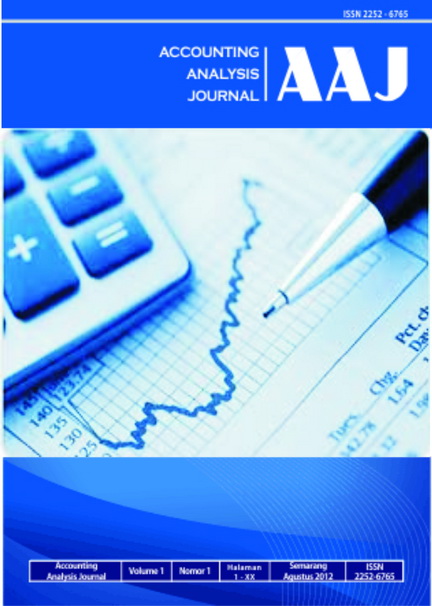The Determination of The Acceptance of Going Concern Audit Opinion: Financial Distress, Institutional Ownership, and Auditor Reputation
##plugins.themes.academic_pro.article.main##
Abstract
The independent auditor is the party that checks the fairness of the client’s financial statements. In addition, the auditor is responsible for assessing and disclosing significant matters that interfere with the continuity of the client’s business both operationally and financially in audit opinion. This study aims to analyze the effect of financial distress, institutional ownership, and auditor reputation on the acceptance of going concern audit opinions. Of the 164 population on the financial statements of trading, service, and investment companies on the Indonesia Stock Exchange (IDX) in 2016-2020, there are only 85 data that meet the criteria by using the purposive sampling technique. Testing the sample data with a logistic regression model. The results conclude that financial distress has a significant negative effect on the acceptance of going concern audit opinion; institutional ownership does not affect the acceptance of going concern audit opinion, and auditor reputation does not affect the acceptance of going concern audit opinion. The study concludes that an auditor must be objective and independent in conveying his assessment without any influence from other parties. The overall condition of the company can be described through its financial condition, good or bad it can show the company’s ability to maintain its business.
Keywords: Financial Distress; Institutional Ownership; Auditor Reputation; Going Concern Audit Opinion
